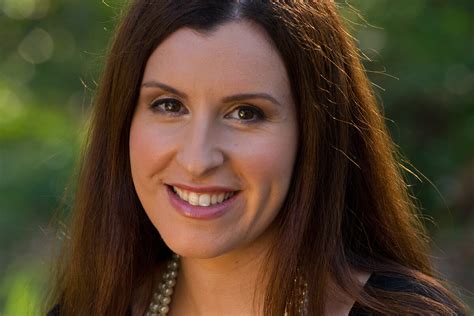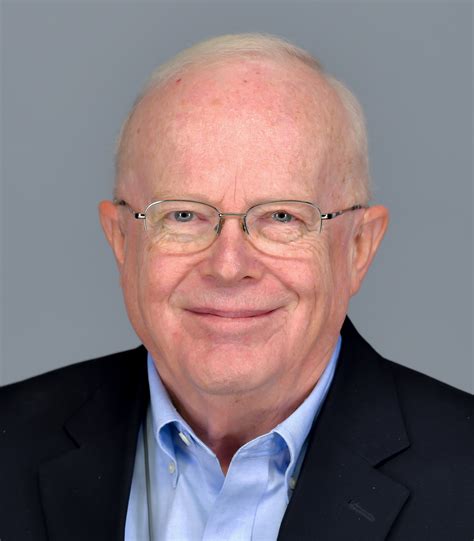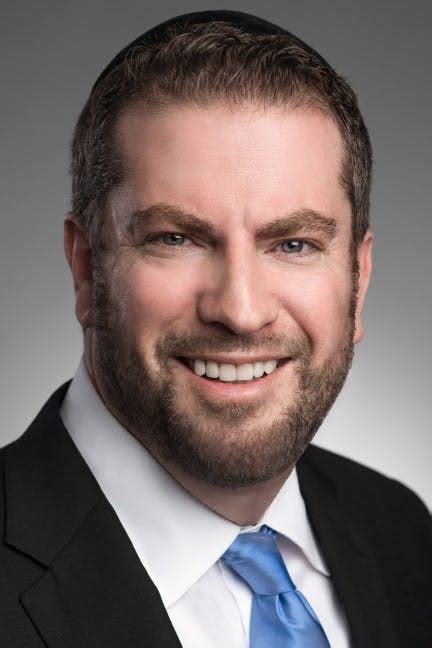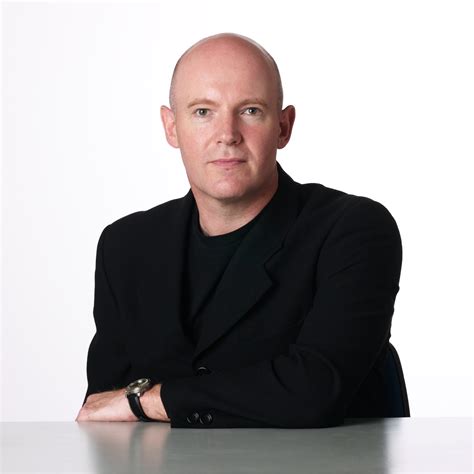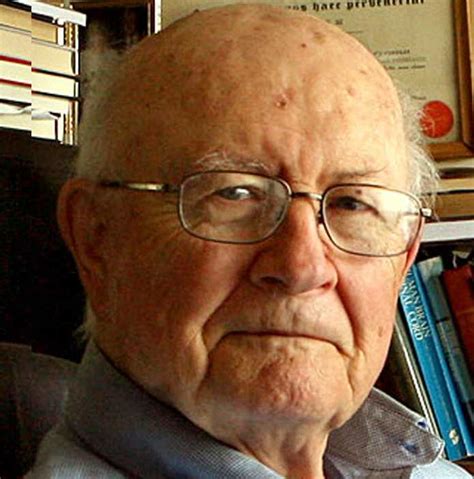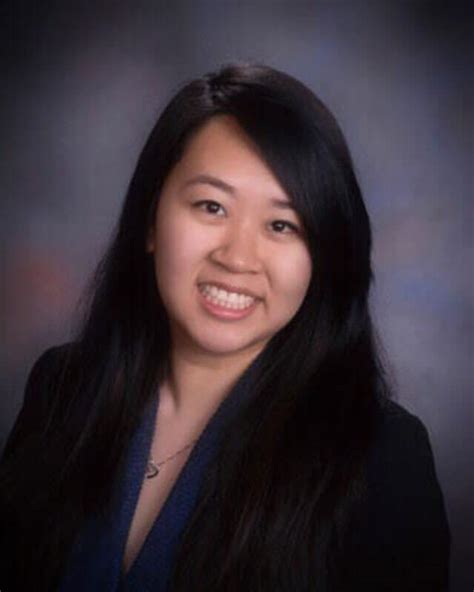A Quote by Randa Abdel-Fattah
We are, at almost every point of our day, immersed in cultural diversity: faces, clothes, smells, attitudes, values, traditions, behaviours, beliefs, rituals.
Related Quotes
I think the important thing to learn is that we can retain a sentimental loyalty to the cultural and literary traditions of, say, Judaism, Anglicanism or Islam, and even participate in religious rituals such as marriages and funerals, without buying into the supernatural beliefs that historically went along with those traditions. We can give up belief in God while not losing touch with a treasured heritage.
Since the notion that we should all forsake attachment to race and/or cultural identity and be “just humans” within the framework of white supremacy has usually meant that subordinate groups must surrender their identities, beliefs, values, and assimilate by adopting the values and beliefs of privileged-class whites, rather than promoting racial harmony this thinking has created a fierce cultural protectionism.
Many of the rites of passage, those rituals of growing up found in our society, are in the form of such comic, practical joking affairs--which we ignore in the belief that they possess no deeper significance. Yet it is precisely in their being regarded as unimportant that they take on importance. For in them we ritualize and dramatize attitudes which contradict and often embarrass the sacred values which we proclaim through our solemn ceremonies and rituals of nationhood.
Throughout human history, people have developed strong loyalties to traditions, rituals, and symbols. In the most effective organizations, they are not only respected but celebrated. It is no coincidence that the most highly admired corporations are also among the most profitable. Why? Because everyone involved is committed to certain non-negotiable core values. Traditions keep them alive. Rituals such as special occasions reaffirm them. Symbols serve as constant reminders of their enduring importance.
Creative power has to filter through our beliefs, attitudes, emotions, and habits. The more negative and constricted our beliefs and patterns are, the more they block the creative energy. Most people hope that by ignoring negativity, it will go away, but the reverse is actually true. Through recognizing, acknowledging, and experiencing it, the blocked energy can be released. You are then free to replace it with positive beliefs and attitudes.
I've always been interested in photographing traditions and customs - especially in America. The prom is an American tradition, a rite of passage that has always been one of the most important rituals of American youth. It is a day in our lives that we never forget - a day full of hopes and dreams for our future.
Perhaps the most significant thing a person can know about himself is to understand his own system of values. Almost every thing we do is a reflection of our own personal value system. What do we mean by values? Our values are what we want out of life. No one is born with a set of values. Except for our basic physiological needs such as air, water, and food, most of our values are acquired after birth.
